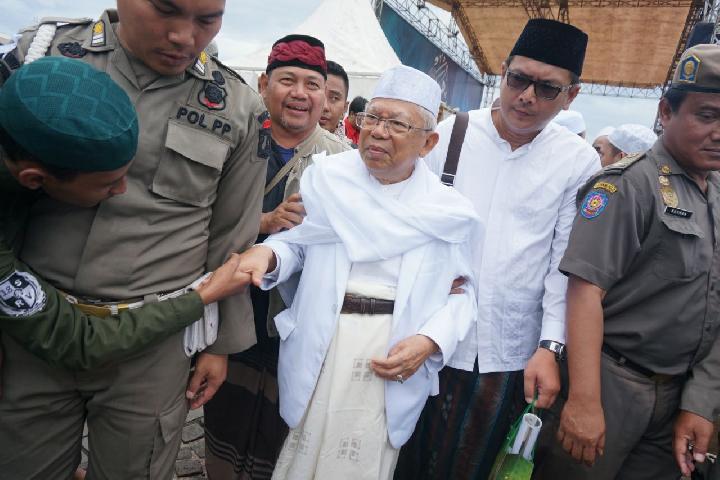Jokowi Admits LRT, MRT and Bullet Train Projects Losing Money, Here Are the Budget Details
Translator
Editor
15 August 2024 21:33 WIB

TEMPO.CO, Jakarta - President Joko Widodo or Jokowi admitted that mass transportation projects such as MRT, LRT, and bullet trains are indeed burdening the state budget.
Despite this, the president asserted that the projects are very important to reduce a larger economic loss due to traffic congestion, especially in big cities.
"All MRT, LRT, and bullet train projects are indeed losing money, so the regional government must provide subsidies to cover the operating costs," Jokowi said while giving instructions to regional heads at the Garuda Palace in the capital of Nusantara, East Kalimantan, on Tuesday, August 13.
1. Jabodebek LRT Project
The Jabodebek Light Rail Transit (LRT) is a mass transit infrastructure project connecting the cities of Jakarta, Bogor, Depok, and Bekasi. The project includes the construction of a 148-meter curved rail bridge over the Inner City Toll Road connecting Jalan Gatot Subroto and Jalan HR Rasuna Said in South Jakarta. The Jabodebek LRT has a total track length of 42.1 kilometers with a construction cost per kilometer of Rp 771.97 billion.
According to a Tempo report, the LRT project faced significant cost overruns, increasing from Rp29.9 trillion to Rp32.5 trillion. To finance this project, PT Kereta Api Indonesia secured a Rp20 trillion loan and a Rp10.2 trillion government investment (PMN). Unfortunately, delays in the project's launch resulted in a loss of Rp 587.7 billion in potential revenue.
2. Jakarta MRT Project
The development of Jakarta MRT is also burdening the regional budget (APBD). Annual operating costs are estimated at Rp800 billion while building the entire network will require approximately Rp4 trillion per year. Despite these substantial costs, former Jakarta Governor Jokowi argued that the investment is justified, as traffic congestion in the city is estimated to cause economic losses of up to Rp65 trillion annually.
3. Jakarta-Bandung High-speed Rail Project
The Jakarta-Bandung High-speed Rail (KCJB) project also poses a major challenge in terms of funding. According to Bhima Yudhistira, a director of the Center of Economic and Law Studies (Celios), the government expects to need 4.8 times the cost of the KCJB project to extend the high-speed rail to Surabaya.
Building just 142.3 kilometers cost a staggering Rp112.5 trillion. Extending this to Surabaya, a distance of 690 kilometers, is estimated to require a massive Rp545 trillion. This is more than the entire budget for the new capital city project, which is expected to reach Rp446 trillion.
KARUNIA PUTRI | MOH. KHORY ALFARIZI | ANTARA
Editor's Choice: Japan Disburses IDR 14 Trillion Loan for Indonesia's MRT Project
Click here to get the latest news updates from Tempo on Google News






















